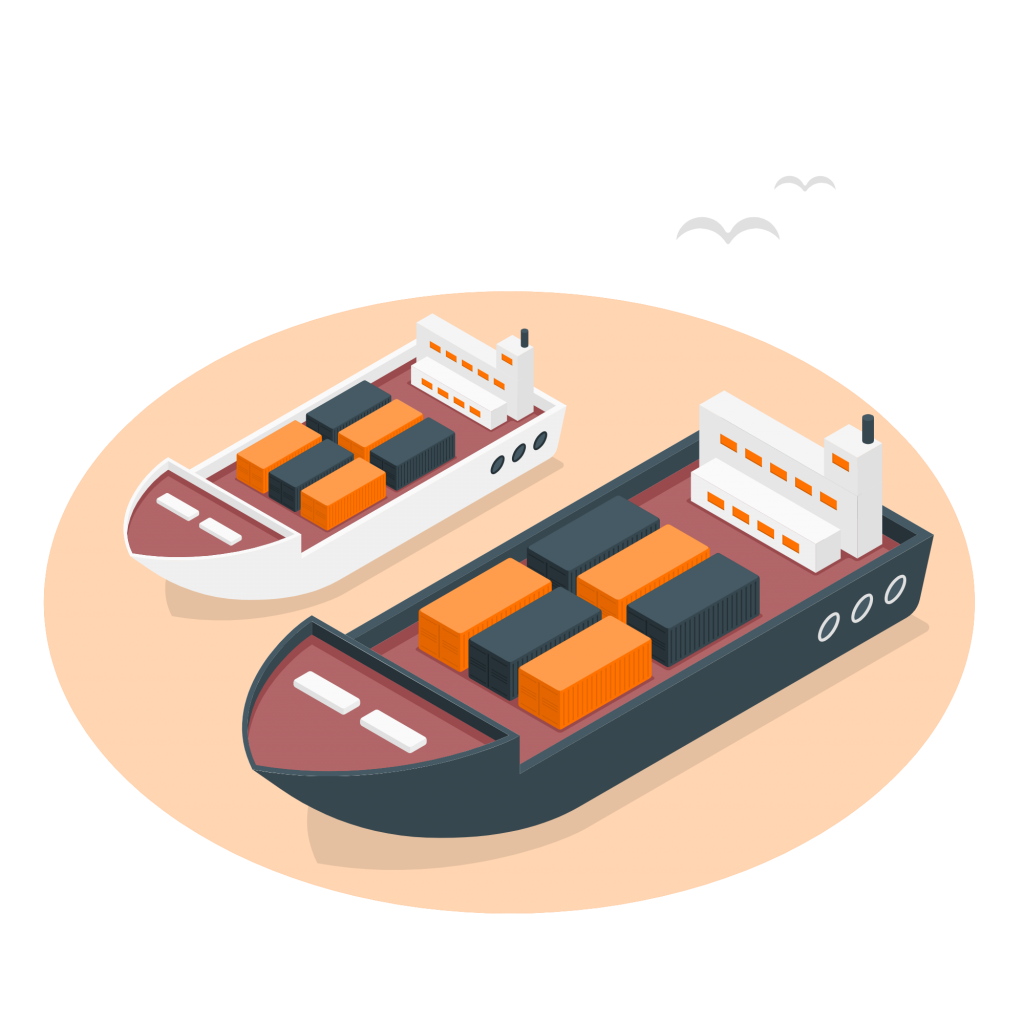The use of data analytics in the maritime industry has revolutionized the way operators and companies make informed decisions. Thanks to data analysis, operational efficiency can be improved, costs reduced and safety at sea increased. Thus, a Vessel Data API is indispensable for anyone who wants to keep up with the market.

Why Should You Invest In A Vessel Data API?
Data analytics enables maritime companies to collect, process and analyze large amounts of information quickly and effectively. The data collected can include information about the weather, sea conditions, speed and performance of ships, fuel consumption and much more. With the help of data analysis, companies can identify patterns and trends in this data and use it to optimize their operations.
One of the main applications of data analysis in the maritime industry is predictive maintenance. By collecting and analyzing data on the performance of ships, navigation systems and other critical equipment, companies can anticipate potential failures and perform maintenance before costly and dangerous problems occur at sea.
Another area where data analysis is useful is in route management and speed optimization. By analyzing weather data and sea conditions, companies can find safer and more efficient routes for ships, reducing transit time and fuel costs.
Data analytics can also improve safety at sea by providing real-time information on the location of ships and sea conditions. Operators can use this information to make informed decisions about speed, routing, and other matters related to safety at sea.
In short, data analytics is transforming the maritime industry and enabling companies to make informed decisions that improve efficiency, reduce costs and increase safety at sea.
Vessel Traffic Information API
The Vessel Traffic Information API offers real-time data on vessel traffic worldwide, making it a valuable resource for businesses in the maritime industry like shipping companies, ports, and freight forwarders, as well as for developers creating maritime navigation-related apps.

This API provides detailed information on a vessel’s location, speed, direction, and other attributes. It can help businesses monitor real-time truck traffic at specific locations, obtain details on vessels’ loads and destinations, and receive alerts in the event of significant changes to a vessel’s position or condition.
Moreover, the API can analyze historical shipping traffic data to identify patterns and trends, enabling businesses to make informed decisions based on past data.
Looking For The Vessel Traffic Information API?
Look no further than the Zyla API Hub, an API Marketplace that provides a full range of solutions to meet your evolving needs. To access our wide range of APIs, you only need to use your user account.
Regarding documentation, here’s an example of the response you’ll get when you use the “Get vessel data by IMO code” endpoint:
{
"status": 200,
"success": true,
"message": "IMO Code 9270622 is valid",
"data": {
"imo_number": "9270622",
"vessel_name": "AQUAMAN",
"ship_type": "Offshore Tug/Supply Ship",
"flag": "Vanuatu",
"gross_tonnage": "2332",
"summer_deadweight_t": "2162",
"length_overall_m": "69",
"beam_m": "16",
"year_of_built": "2003"
}
}To make use of it, you must first:
1- Go to Vessel Traffic Information API and simply click on the button “TRY FREE FOR 7-DAYS” to start using the API.
2- After signing up in Zyla API Hub, you’ll be given your personal API key.
3- Employ the different API endpoints depending on what you are looking for.
4- Once you meet your needed endpoint, make the API call by pressing the button “run”. Then, you will see the results on your screen.
Want to learn more? Check Comprehensive Guide To Ship Tracker API In 2023

